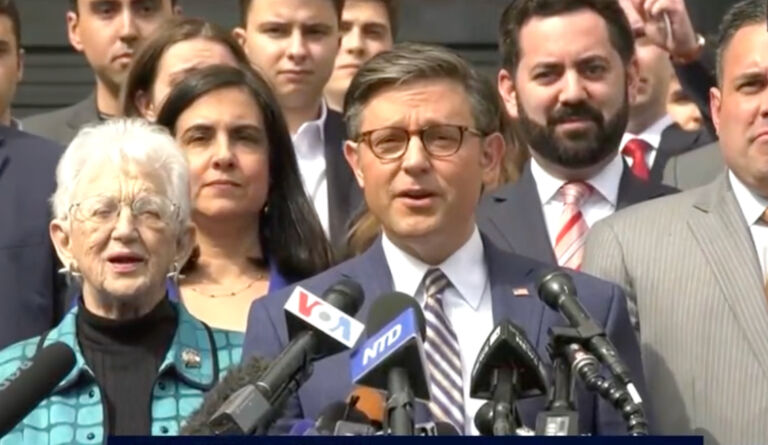Nobody does it better than Don Boudreaux. Here’s a letter of his, responding to a letter published in yesterday’s WSJ. Don’s point that the minimum wage is, in effect, a law against entrepreneurs looking for ways to employ people with low skills is irrefutable.
Editor, Wall Street Journal
1211 6th Ave.
New York, NY 10036
Dear Editor:
Brian Collins asks “Do you truly believe that absent any increase in the minimum wage that Wendy’s or any other business will suspend efforts to develop and implement new forms of automation that promise to reduce staff levels?” (Letters, August 18).
The answer is ‘no.’ Contrary to Mr. Collins’s implication, however, this fact does nothing to excuse raising the minimum wage.
Even in a world in which market forces naturally promote automation, raising the minimum wage has two pernicious effects. First, it causes the rate of automation to be faster than it would be if the minimum wage were not raised. That is, raising the minimum wage results in automation being introduced at a rate that is too fast given the size of the low-skilled labor force. Second, raising the minimum wage destroys incentives for entrepreneurs and businesses to find ways to profitably employ workers whose limited skills prevent them from producing hourly outputs valued at least as high as the minimum wage. The first effect throws some low-skilled workers out of jobs that they would otherwise retain, while the second effect ensures that no one has incentives to find ways to profitably employ these and other low-skilled workers.
If it is inhumane to outlaw the profitable employment of those workers whose skills are the least valuable, then the minimum wage is deeply inhumane.
Sincerely,
Donald J. Boudreaux
Professor of Economics


